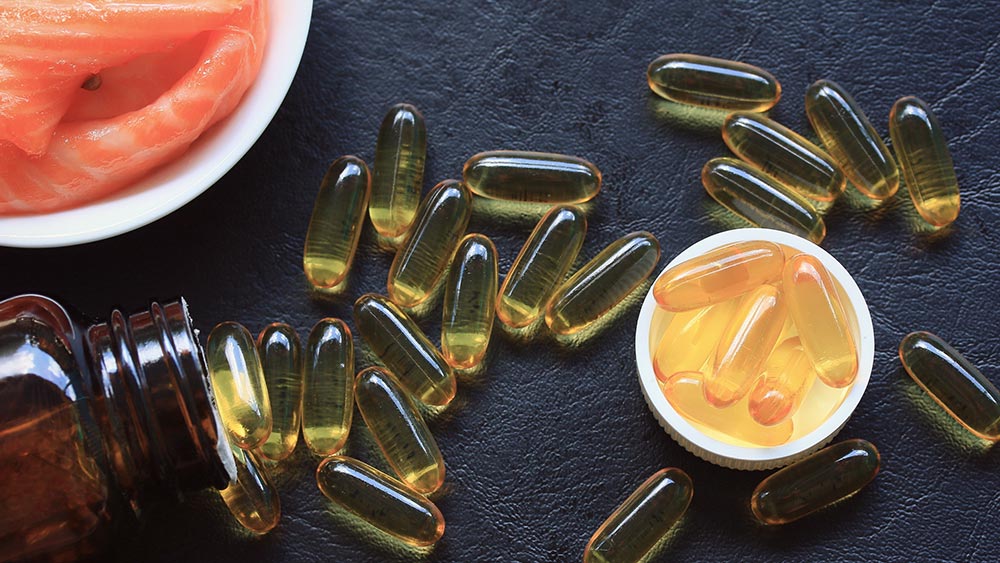Dear Pharmacist,
What do you think about fish oil being linked to prostate cancer? I used to take it everyday but stopped after hearing about it in the news. Do you still recommend it?
Answer: My opinion is that headlines which suggest fish oils raise risk for prostate cancer are nonsense. Some people cannot even think their way around this and have given up fish oils despite scientifically-sound literature that, if printed, could fill a football stadium.
I hope you’re sitting down. There is no evidence that anybody in this study took fish oil dietary supplements! Nowhere in the new study does it say “fish oil,” it says omega 3. In 2010, researchers evaluated ethyl esters of omega 3 fatty acids. That’s actually a drug. Repeat: When you talk about “ethyl esters of omega 3s” you are talking about a patented prescription version of fish oils. It would never surprise me if scientists tied a pharmaceutical drug to higher cancer risk, but the headlines I keep reading say “fish oil.” High-quality fish oils causing prostate cancer? Au contraire!
You cannot take something natural, morph it in a laboratory, patent it and expect health benefits. You can’t mess with fish oils, or anything. That’s why natural progesterone protects a woman’s breasts, while the synthetic drug version (medroxyprogesterone) has dozens of potential side effects. There’s vitamin D3, a natural form as opposed to D2, a drug sold as a drug. Your body has to convert the D2 drug back to natural D3, why not just buy that to begin with? Benzodiazepines like alprazolam or lorazepam, are highly addictive and have more risks compared to natural plant extracts that bind to GABA receptors and relax you naturally. Oh my goodness, margarine! A shmear of potent food additives, colorants and fat globules versus natural butter. Trust me, do not mess with mother nature!
Why were plasma levels measured when they are meaningless?! Red blood cell levels were never even obtained. Common sense now, the American Heart Association, the World Health Organization, the United States Institute of Medicine’s Food Nutrition Board and the 2010 Dietary Guidelines for Americans advise us to eat more fatty fish so as to obtain omega-3 fish oil benefits. There’s something fishy going on, do you think those organizations are in cahoots to induce prostate cancer in the male population?
Fish oil’s primary components are EPA or DHA. Tight studies show DHA is protective for the prostate. In 2001, a study of 6,000 Swedish men found that high fish consumption significantly lowered prostate cancer rates. In New Zealand, men with the highest DHA markers slashed prostate cancer risk by almost 40 percent. A Japanese study found omega 3 blood levels correlated to a reduction in prostate cancer. So, my conclusion is omega 3s derived from fatty fish and fish oil supplements are safe and healthy, especially when taken with GLA. Supplement properly, directions on how to do so are posted at my site.











